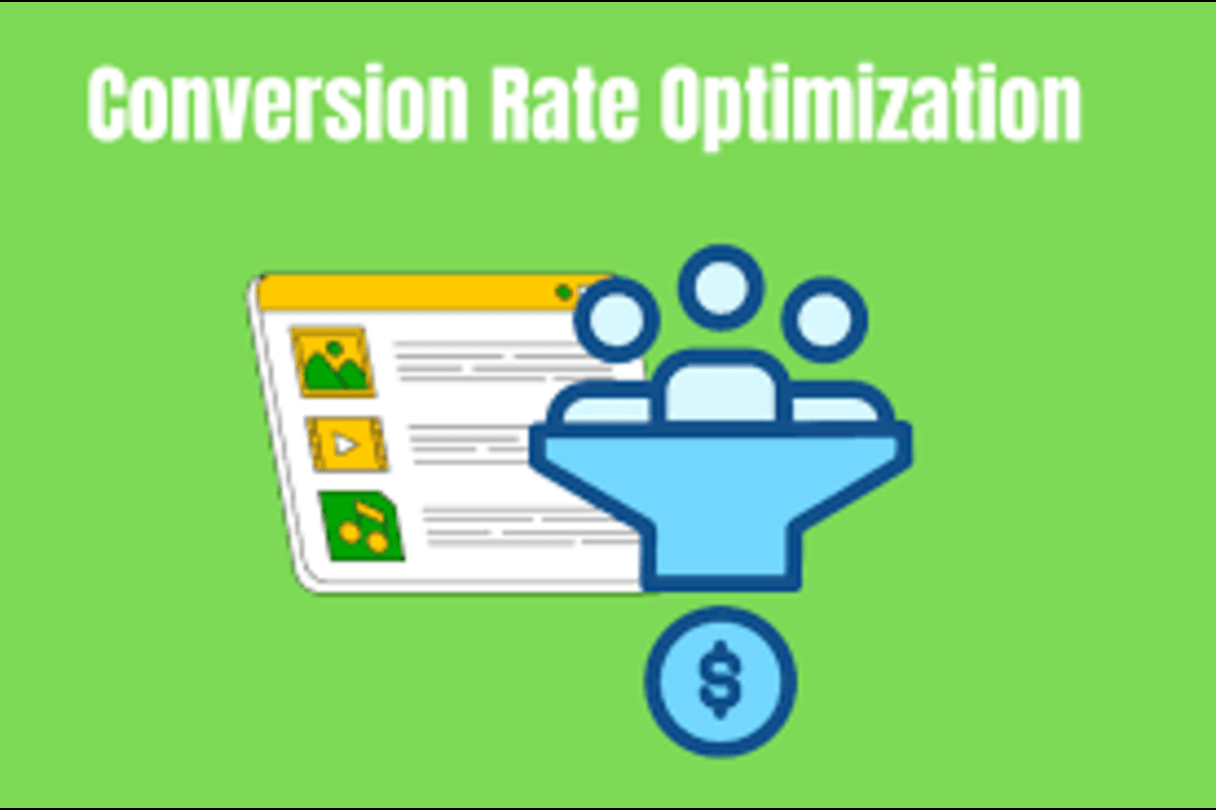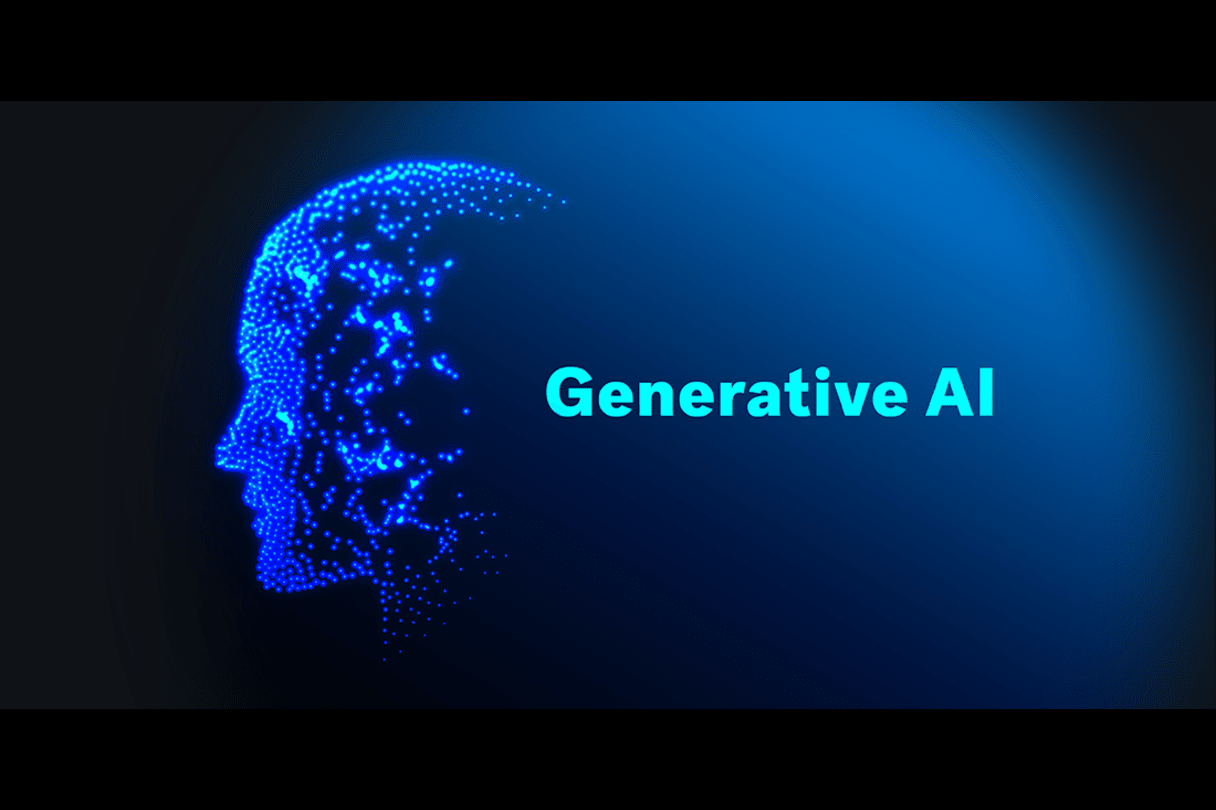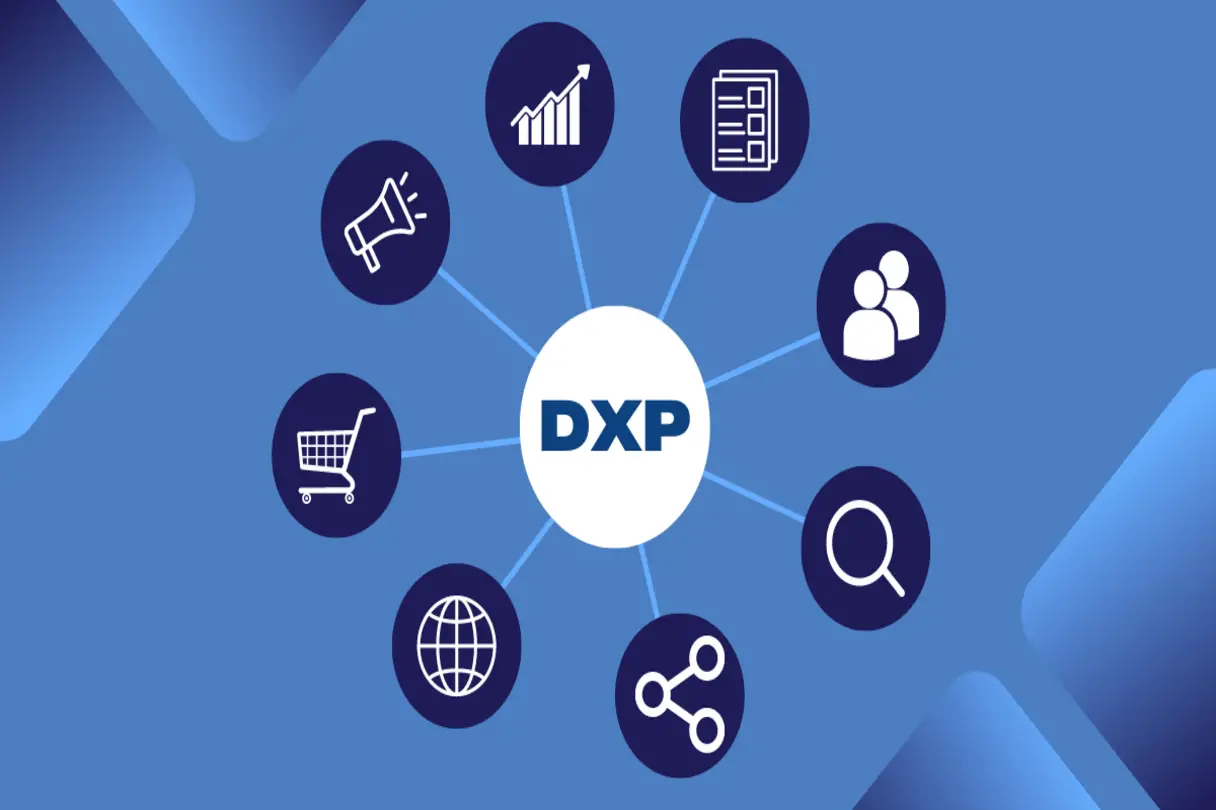
What is a CRO audit?
When you’re starting an eCommerce business, it’s important to have a clear understanding of what
Ecommerce Consultant and Growth Strategist for small businesses
07592 629885 | Dominic Smith - Ecommerce Consultant
2 Feb 2024 Dominic Comments Off on Generative AI Tools for B2B

Whether you support or oppose it, AI is now ubiquitous. Artificial intelligence has become an essential part of our daily lives, from chatbots and voice assistants to recommendation algorithms and personalized advertisements. It's no surprise that the business world, particularly B2B marketing, is abuzz with excitement about the potential of AI.
However, some critics argue that AI is a form of cheating, plagiarism, and a threat to the creative process. Yet, these same individuals seem to have no issue with using other AI-driven tools such as Grammarly, Descript, and even HubSpot.
Why is AI deemed acceptable in certain instances but not in others? In my view, AI is always acceptable when used ethically. It should not solely create all of your content, but it can certainly play a role in content creation.
Before we delve further, let's establish one thing: AI is a game-changer, but it is not a magical solution. Content creation still requires the invaluable human touch. Therefore, let's explore how artificial and human intelligence can collaborate to enhance content creation.
1. Data-driven insights for targeted content Imagine having a crystal ball that reveals the preferences and needs of your target audience. AI algorithms can provide just that! By harnessing AI-powered tools, you can tap into vast data pools and extract valuable insights. Through natural language processing, AI can analyze customer feedback, social media conversations, and market trends to identify patterns and preferences. These insights empower you to create highly targeted and relevant content that resonates with your audience. When you understand their pain points, interests, and desires, you can tailor your messaging and deliver the right content at the right time.
2. Automated content generation We all know that content creation can be a time-consuming task. This is where AI comes in to lend a helping hand. AI-powered content generation tools can automate repetitive tasks, saving you precious time. These tools can generate data-driven content, such as reports or summaries, based on the input you provide. They can assist in generating ideas, suggesting headlines, or even creating drafts. By automating these mundane tasks, AI allows content creators to focus on the more creative aspects of their work.
3. Improving personalization efforts Personalization is the key ingredient that sets your content apart. AI can assist in personalization by analyzing user behavior, browsing history, and demographic data. This valuable information enables AI algorithms to provide personalized content recommendations and tailored experiences. For instance, if a visitor on your website shows interest in your software solutions, AI-powered recommendation engines can suggest relevant blog posts, whitepapers, or case studies that align with their interests. Imagine reading an article about project management software, where every element on the page is personalized to address your specific needs and challenges, guiding you towards the next step in your software search. This level of personalization enhances engagement, boosts conversions, and fosters stronger connections with your audience.
4. Simplifying content editing and optimization AI-powered tools like Grammarly can serve as your virtual writing assistant, offering automated grammar and spelling suggestions. They save you time and help identify those elusive typos or grammar mistakes that can undermine credibility. Furthermore, these tools can analyze content performance by examining click-through rates, engagement metrics, and conversion rates. This data provides valuable insights into what is effective and what needs improvement. It enables you to optimize your content strategy, refine your messaging, and deliver more impactful content to your audience.
5. Voice assistants and audio content With the increasing popularity of voice assistants and audio content, AI has unlocked a realm of exciting possibilities for engaging with your audience. One such opportunity is optimizing your content for voice search. AI-driven voice search patterns can be a powerful tool in creating content that aligns seamlessly with how people speak when using voice-enabled devices.
Let's illustrate this with an example. Suppose you operate a digital marketing agency specializing in B2B lead generation. You aim to create a blog post that answers the question, "How can I generate more leads for my business?"
Instead of solely focusing on traditional keyword optimization, you integrate conversational language and relevant long-tail keywords into your content. This approach allows your blog post title to become "Effective Strategies for Enhancing B2B Lead Generation: How to Generate More Leads for Your Business?" When individuals ask their voice assistants the exact question you've addressed in your blog post, they will receive your expert advice directly in the response.
This positions you in the right place at the right time! By tailoring your content to match the natural language people use when speaking, you increase the likelihood of appearing in voice search results.
But it doesn't end there. AI-powered transcription services take it a step further by converting audio or video content into text. This means that even if you create a podcast episode or a webinar, you can make it accessible and searchable. By providing a written transcript of your audio content, you broaden your audience. People who prefer reading or those with hearing impairments can engage with your content, while search engines can easily index and rank it for SEO purposes.
Top AI tools for your content creation process The realm of AI tools for content creation is vast and constantly evolving. While this list is not exhaustive, it serves as a starting point to introduce you to some valuable AI-powered tools that can enhance your content creation process.

When you’re starting an eCommerce business, it’s important to have a clear understanding of what

What is a DXP and what opportunities does it provide a business? This post gives



Categories: AI
Why is Lifetime Value important? The rise of the DXP platform
Copyright © 2015 redleafdigital redleafdigital.co.uk is the trading name of Redleafdigital Limited, registered in England No. 09313456. Registered Office Address: 23 Huntley Road, Cheadle Heath, Stockport, SK3 0RP
Comments are currently closed.